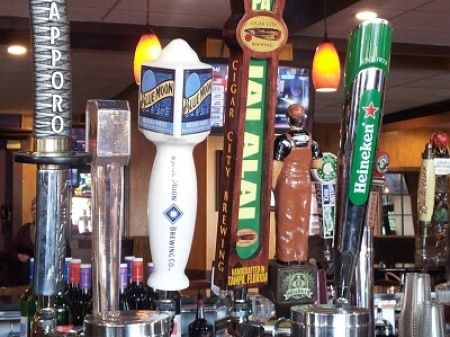Sommeliers Choice Awards 2025 Winners
Guide to Successful Distribution Partnerships For Wine, Beer and Spirit Suppliers
Information on how to secure distribution partners and how to implement a successful monitoring process

The faster the movement, the more money distributors make. It is very important to understand your customer and what will make them buy your wine. Whenever you are meeting with your distributors, always focus on programs and promotions which assist the distributor in selling wine to retailers more than focusing on information about your winery, who makes the beer, or how old the distillery is. The latter creates a great additional marketing for your brand, but ultimately it is the programs and promotions that will help sell the label at retail stores.
The psyche of the distributor
Your wine must add value to the distributor’s portfolio. Explore your customer’s website and understand how your wine will add to their business. For example: if a distributor does not have a South African wine in their portfolio, mention how your South African Pinotage will fill the demand of your niche market. For distributors, their portfolio and what they are offering to their retail customer is of utmost importance. Keep it simple and succinct from the very first email to the distributor. Mention key points about how their wine will add value to the distributor’s portfolio and
A good question to ask yourself is, ‘What does our company bring to the table?’ Don’t forget that the best answer to this question (from a distributor’s point of view) is sales, so look at your company strengths and develop catchy phrases that outline how every program and promotion has succeeded at increasing the bottom line. Get on the road and start making regular sales calls targeting independent retailers, fine dining restaurants and larger cafes so you can present a list of current and loyal customers to a distributor. Demonstrate to your partners that there is an existing customer base for them that will bring immediate profits from selling your labels.
There is no easy way to secure your distribution, however ensuring that your product is primed for retail success shows that you understand the business and what it takes to be a top selling brand.
The first contact made with the distributor should include the following information:
• Price and product line;
• Brief summary of your winery (about a paragraph);
• A paragraph showing you have researched them, understand their business, why they should source your wine and how it will add value to their business and portfolio.
It is always a good idea to mention that you will follow up with a phone call. For a distributor, timing is very important and it is a long term decision for them. Don’t rush them into tasting your product, reviewing your email, registering your brands or sending you a purchase order.
For example, larger distributors often have meetings where they discuss their portfolios and taste new samples. It is a good idea to figure out when they usually plan their tastings so you can follow up soon after (but never before!)
Persistence also counts. Situations often change and if you contact the distributor again, after they have refused to add your wine to their portfolio, you might be rewarded with a recent DC of a similar brand and they may agree to a trial period with your brand. Distributors may also consider your wines the second time around if they are newly looking to add a product from your country or the category you represent.
Understanding your new distribution partner’s needs
When you are hiring a wine, beer, or liquor distributor, clearly outline what you expect and set up a time table for regular communication. It is a good idea to talk to your distributor once a month on the phone, once a week by email and visit them on-site once every quarter. Let them know your intentions and be sure the distributor is in agreement with your plan.
The more professional distributors are going to be very accustomed to that way of working, particularly if there are high expectations for the product line. If you don’t train your distributor on how to sell your products, you will quickly find that your brands aren’t moving. The monitoring process should be a routine matter. Document your goals, then follow them regularly to make sure you are meeting them. Regular monitoring with distributors helps you stay close to your product and the real market as well as develop successful programs. The objections that the distributor face in the marketplace helps you gauge where you stand and how you can improve.
You have to put your company in the power position.
For you to be in the power position, you have to have something to offer this distribution company that hundreds of other beverage companies aren’t able to offer them. None of this will work if you have not identified a niche market. If you’re still trying to call everyone and be everything, you will likely fail. Choose the companies you wish to work with now, before it is too late, and focus only on them.
You have to determine what make a distributor would want to carry your product over someone else’s, remembering that they primarily care about 3 things:
• That your product will sell;
• That carrying your product will give them a competitive advantage;
• That your company can handle increases in supply.
Be Honest With Yourself
Did your sales dip because your distributor did not service your accounts, because you could not help fix problems at the retail level, or because the product itself was not cutting it? Often, suppliers take the easy way out and blame the distributor for not working behind their product instead of trying to solve the problem themselves. A positive feedback loop needs to be generated through a succesful distributor monitoring process that you set up from day one.
If you neglect your monitoring process, your distributors are likely to stop pushing your product, leaving it to fester in the marketplace - a manufacturer's worst nightmare.
Not a BTN Member yet?
Get BTN Premium membership and have full access to articles and webinars on BTN + other benefits like:
Full Access to BTN Consultants
Full Access to Buying Leads
Post Unlimited Brands
Full Access to all Articles and Webinars
Full Access to BTN Live conferences presentations and speaker sessions
Discounted rates to exhibit at major partner events and conferences
And Much More...
Your BTN membership will reduce your trial and error time: Why experiment with your branding and distribution when you can fast-track your time to success? Get 'How to do it' content which will help you improve your sales and grow your distribution. Just one article can help you make better decisions and improve your distribution strategy. Try it

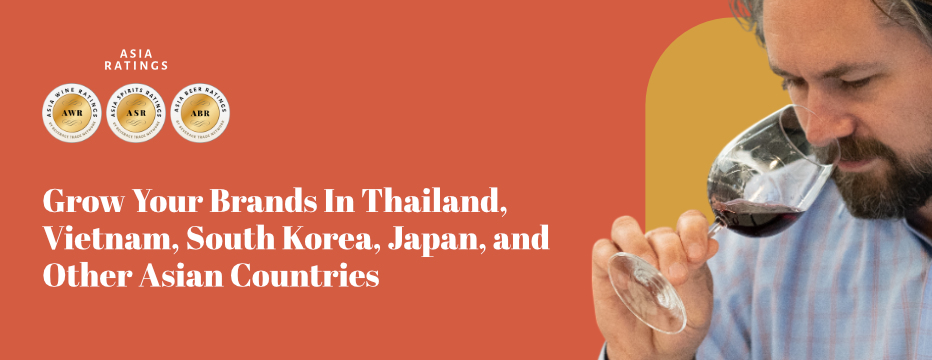
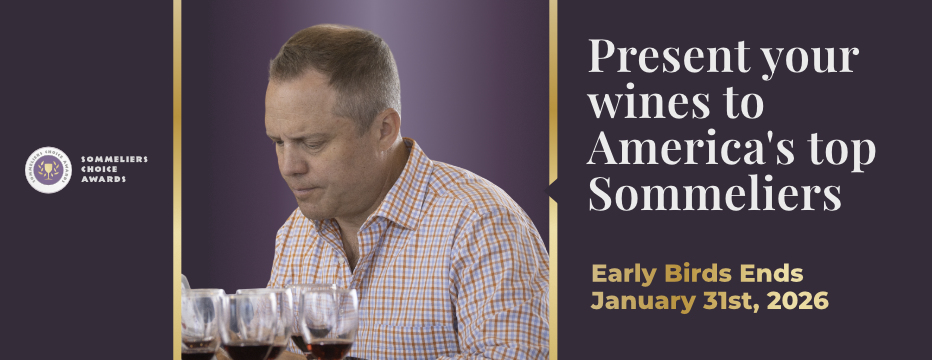
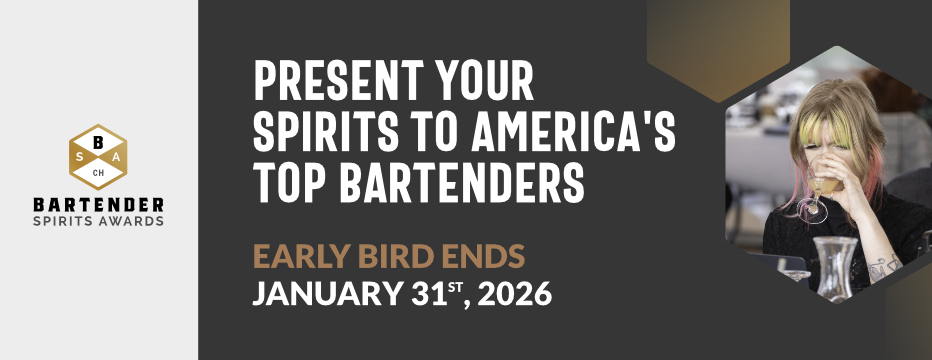



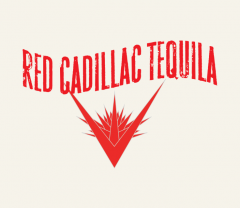
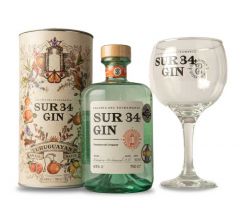



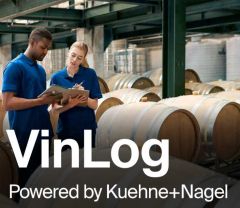
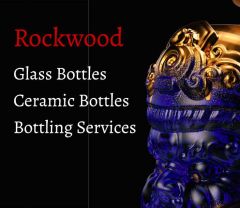
.jpg)








